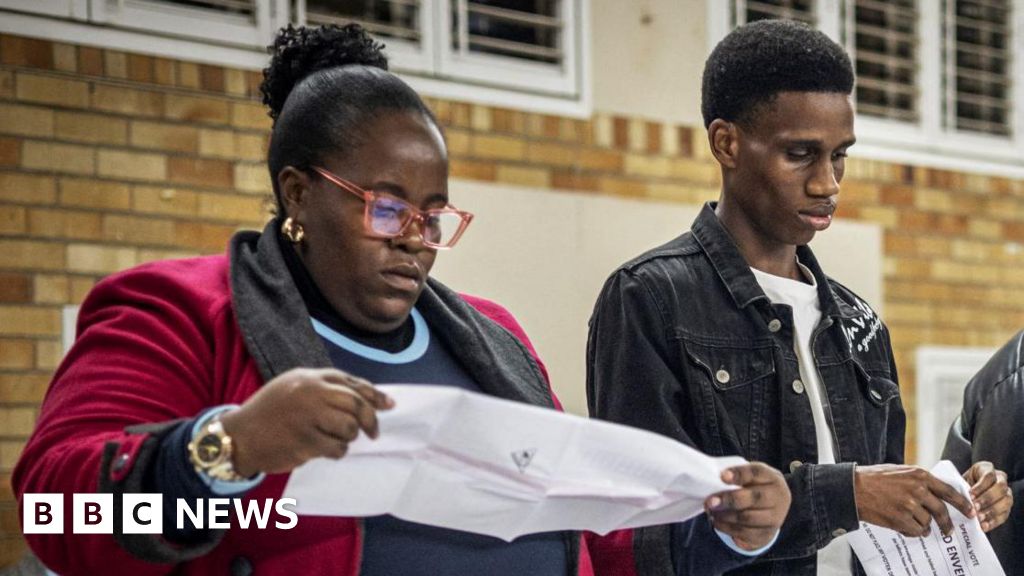South Africa is experiencing a pivotal moment in its democratic history as the African National Congress (ANC), the party that has ruled since the end of apartheid, faces a potential loss of its parliamentary majority in the national elections held on May 29, 2024. With around 20% of votes counted and declared, early results suggest that ANC may receive roughly 43%-45% of the national vote. This shift could lead to uncertainty over political direction and force the ANC to seek alliances with smaller parties to govern.
The elections have been closely watched as millions of South Africans went to the polls, hoping for change that is monumental, much like Nelson Mandela's rise in 1994. The determination of voters standing out in chilly winter weather into the middle of the night indicated a sense of importance and significance attached to this election.
The ANC has dominated South Africa's political landscape since its victory following the end of apartheid, but it has struggled to address deep-rooted inequality that keeps millions in poverty. The country is Africa's most advanced nation, yet it remains one of the most unequal countries in the world.
The opposition parties, including Democratic Alliance (DA) and Economic Freedom Fighters (EFF), have been making gains at the ANC's expense. The MK Party of former President Jacob Zuma is also taking votes from both ANC and EFF. The final results are expected to take days, with the independent electoral commission predicting they will be delivered by Sunday.
The loss of parliamentary majority would force the ANC to seek alliances with smaller parties, causing uncertainty over political direction. This could lead to a coalition government or a minority government, depending on the support needed to cross the 50% mark.
South Africa's economy has been struggling with issues such as chronic blackouts, high unemployment rates of almost 33%, and high crime rates. The International Monetary Fund projects that South Africa's gross domestic product will climb by 0.9% in 2024.
The ANC leader Cyril Ramaphosa has been seeking a second mandate to serve as president, while the DA and EFF have presented themselves as viable alternatives. The outcome of this election could significantly impact the future direction of South Africa's politics and economy.







